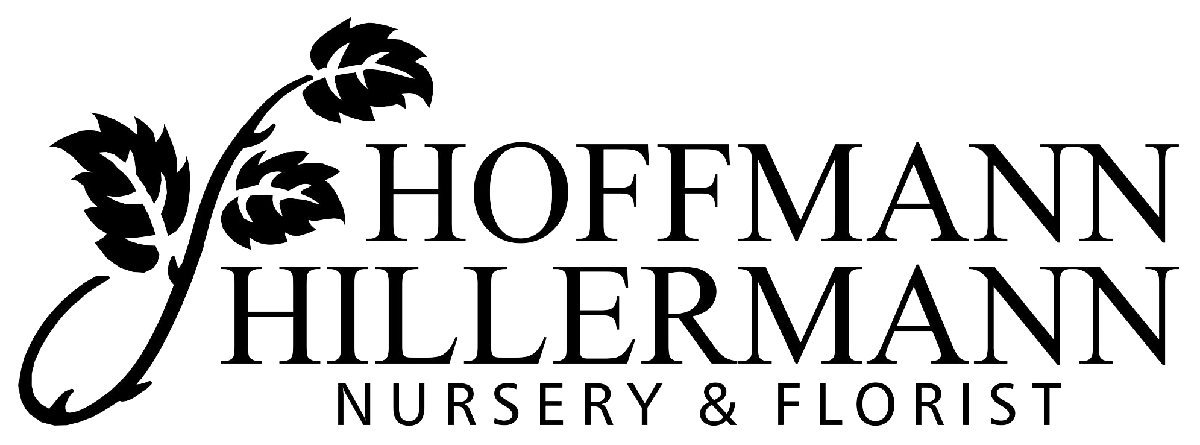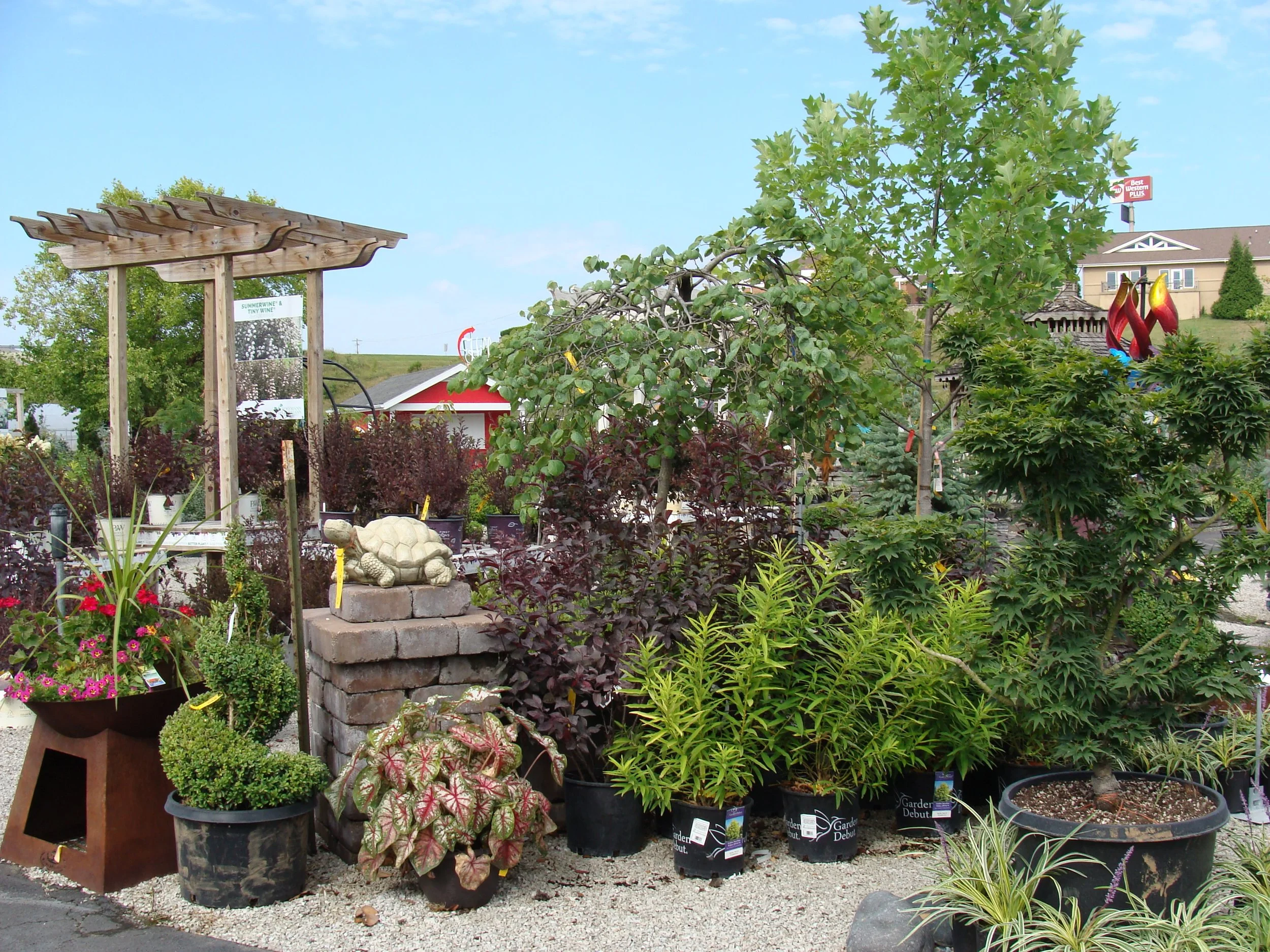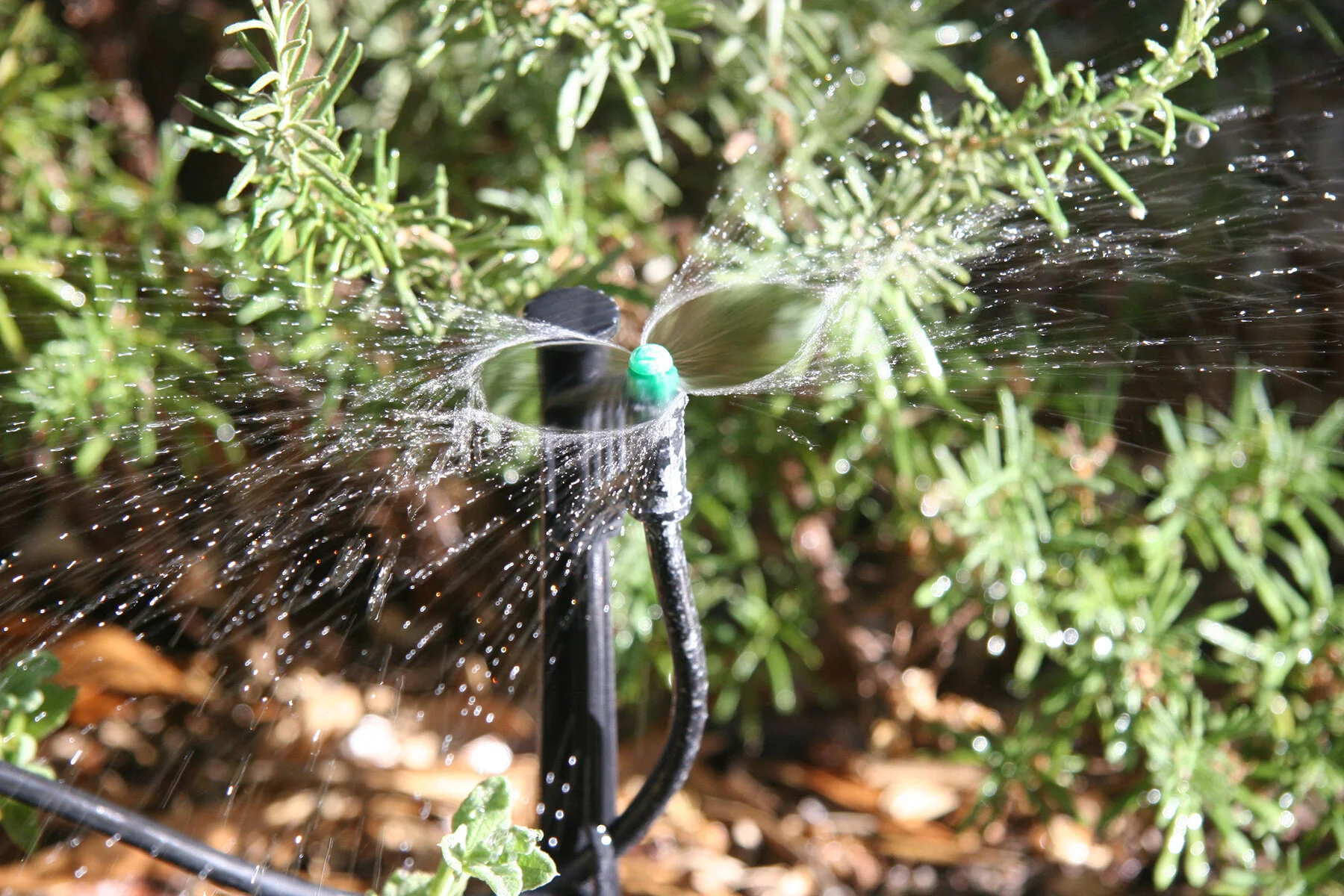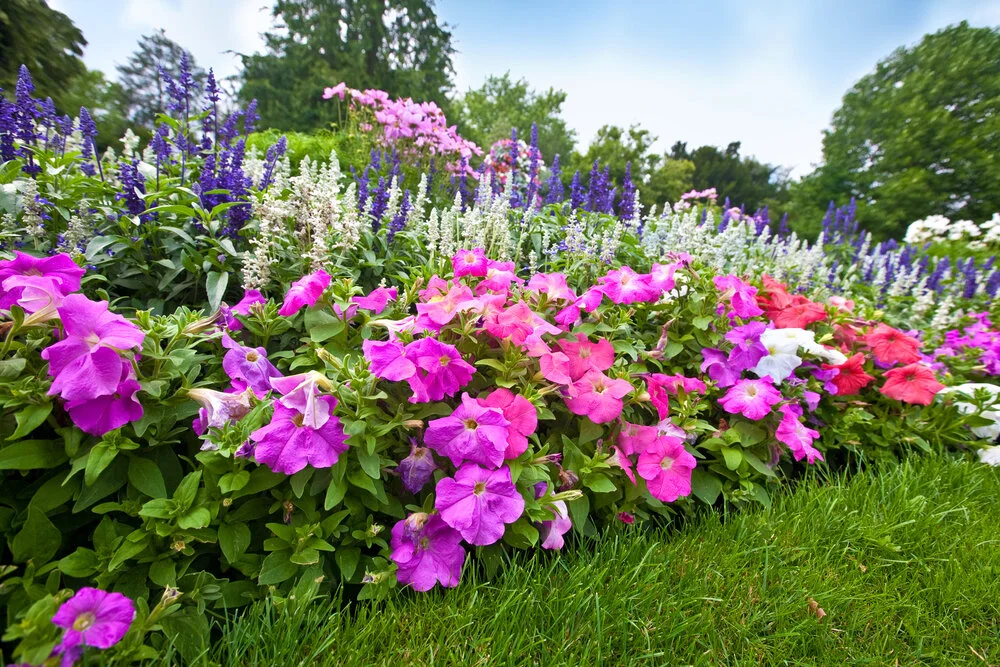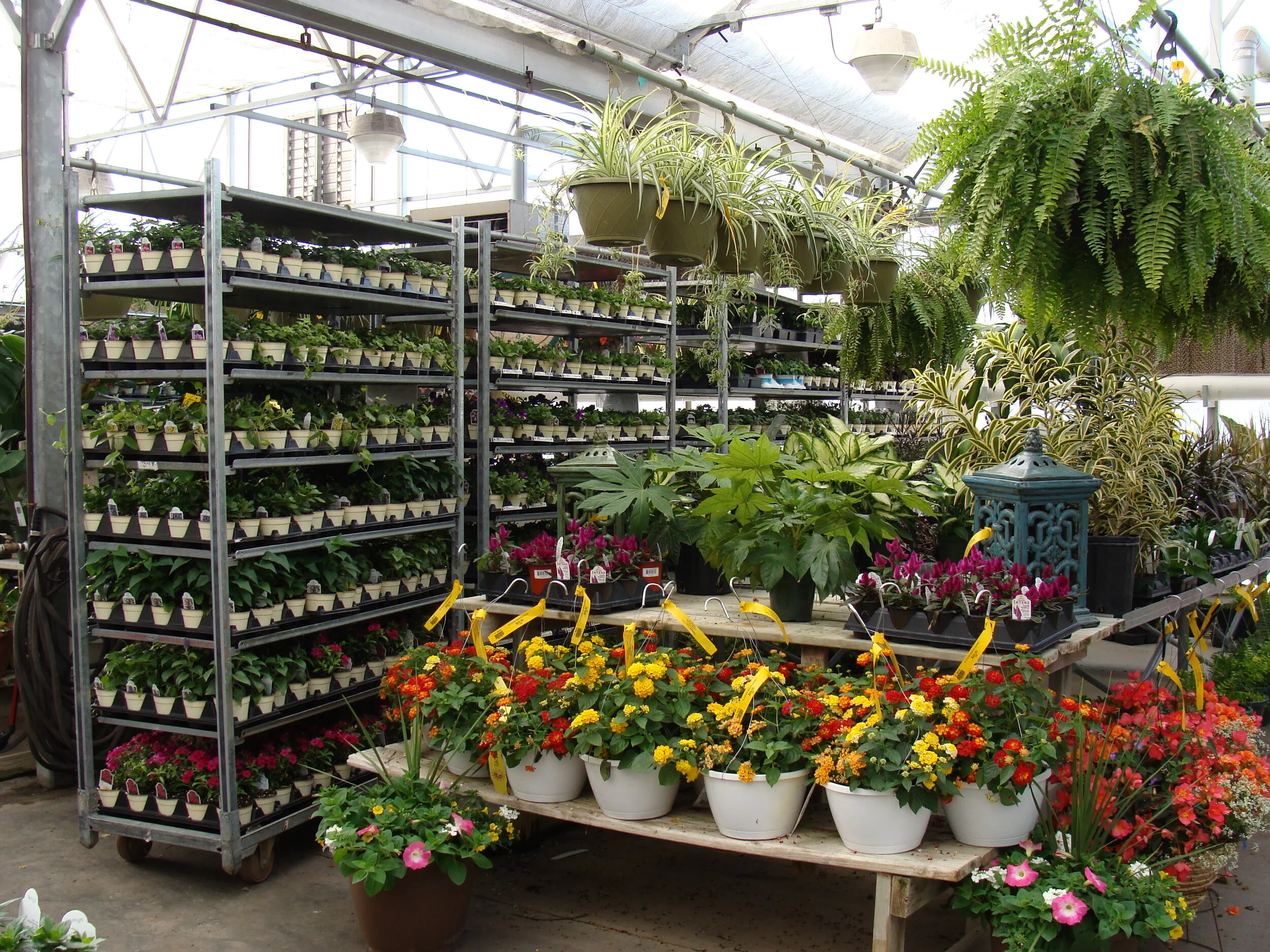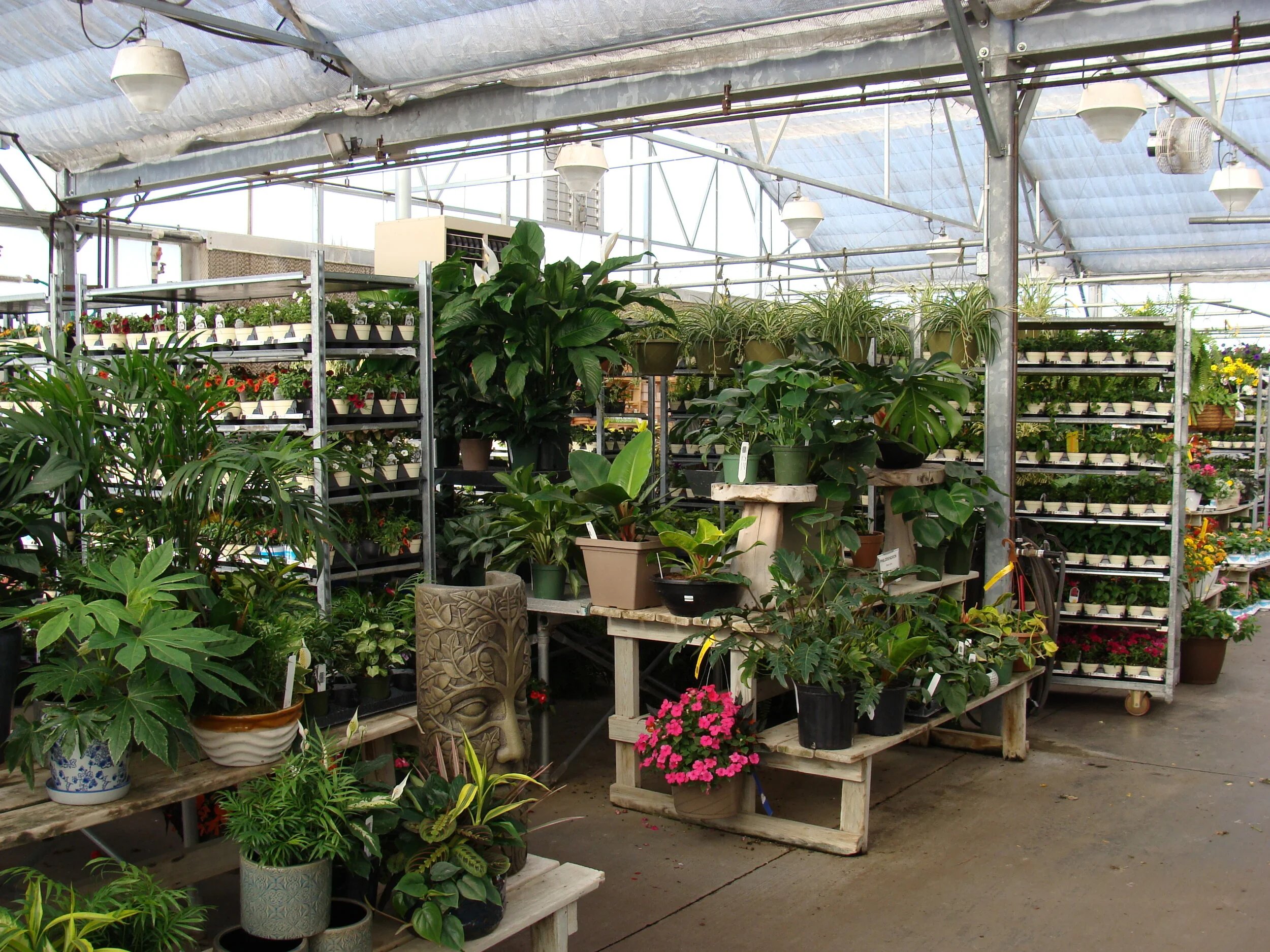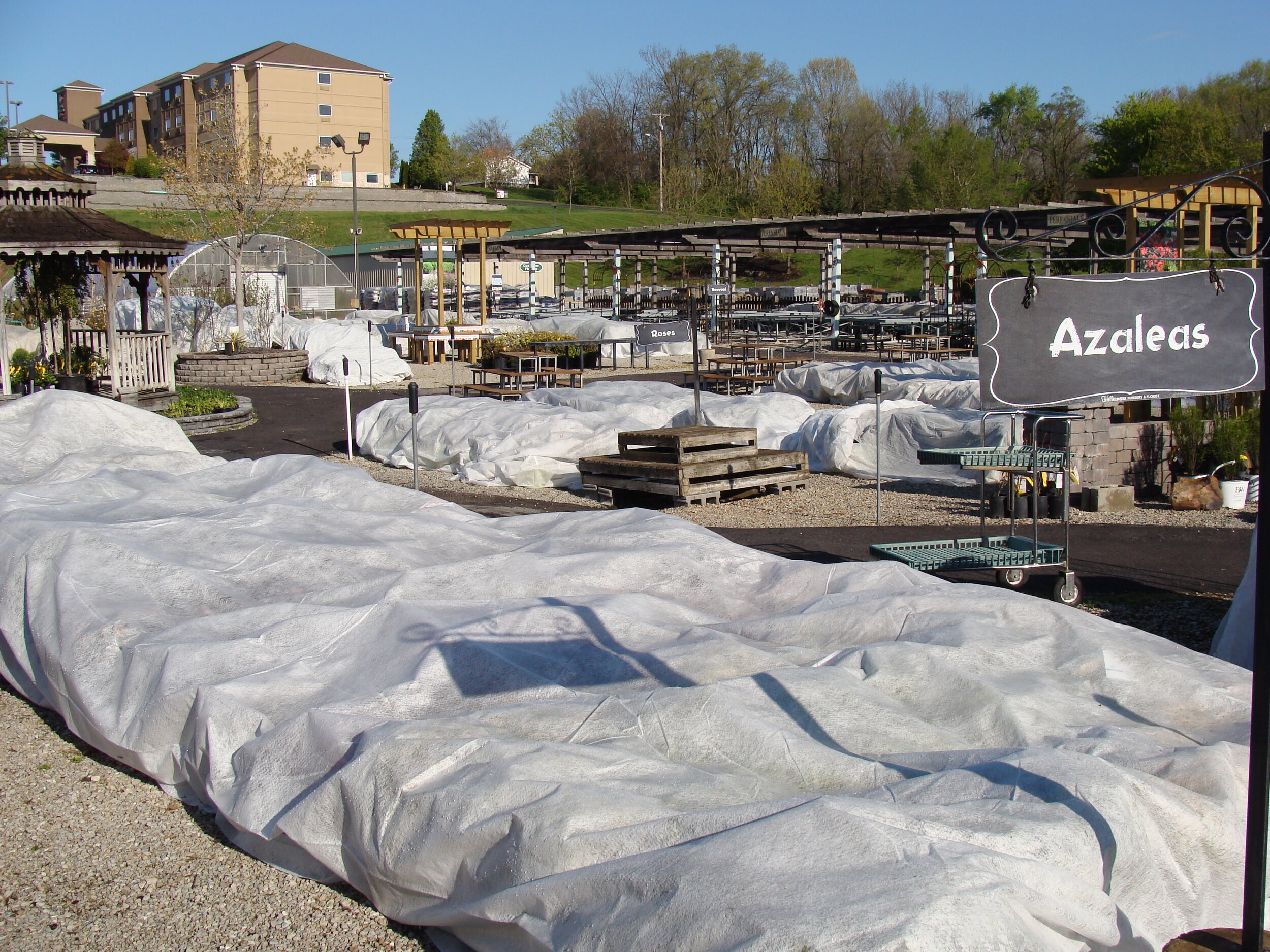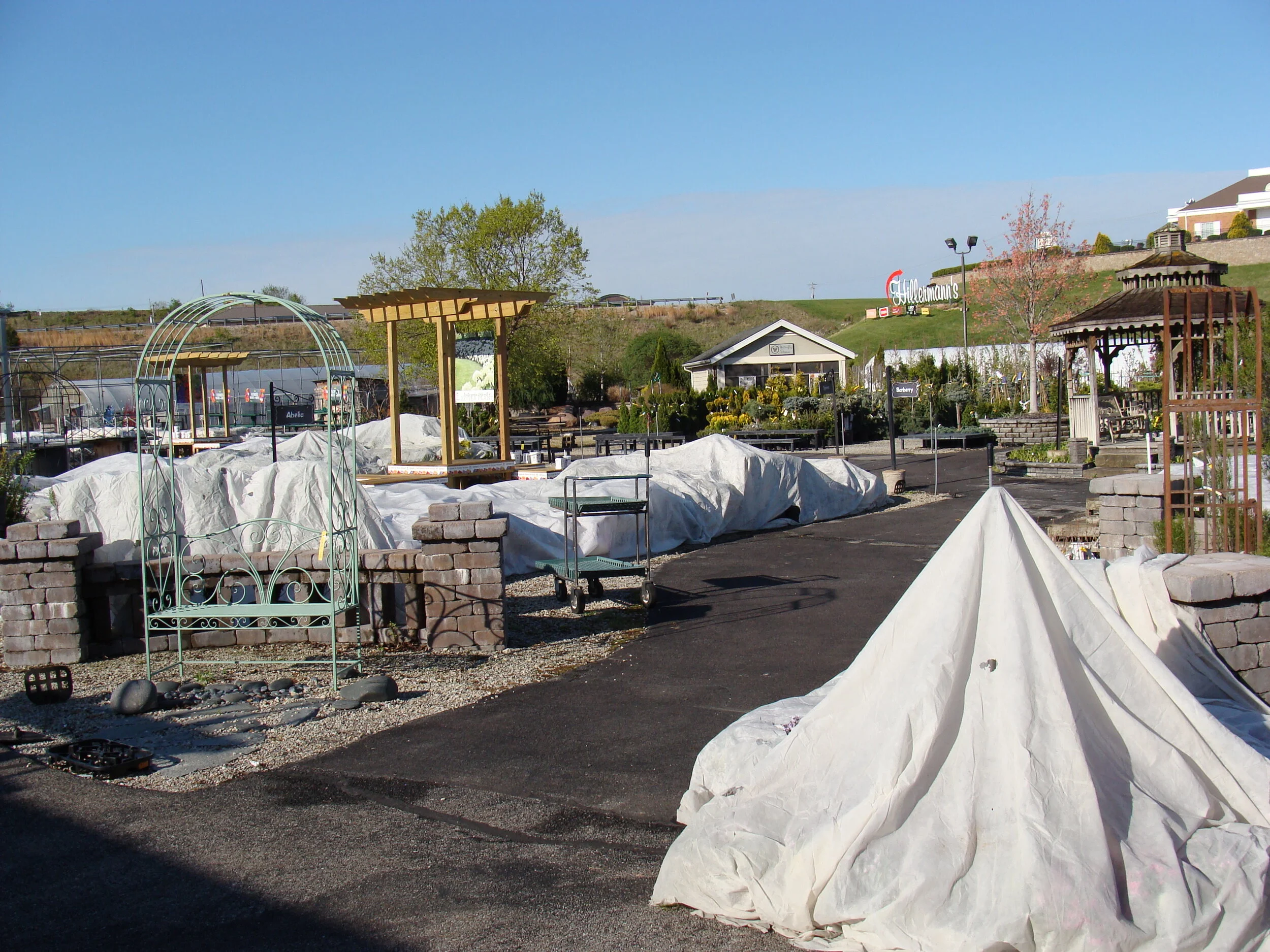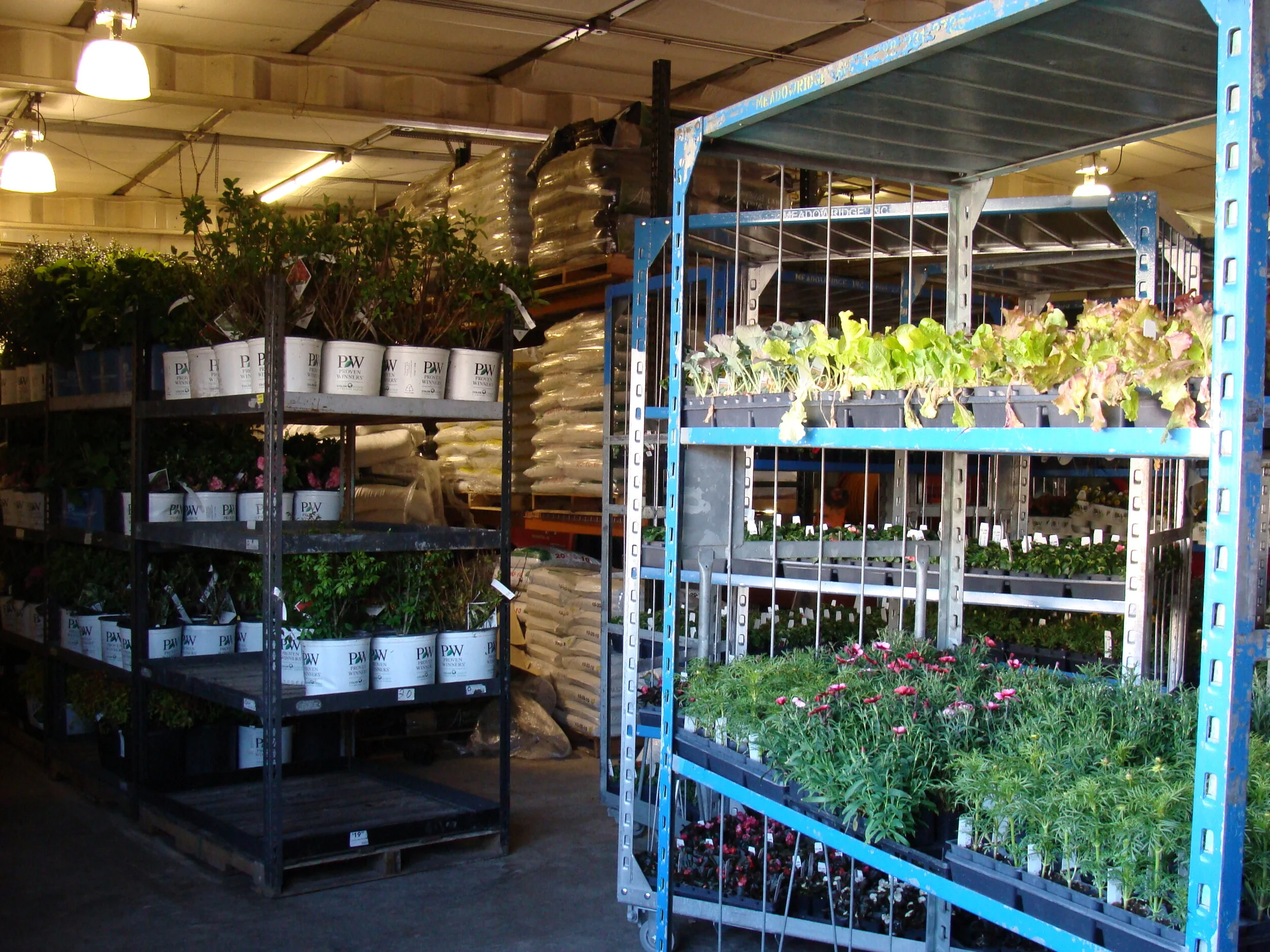August…. besides vacations, other activities that will pull you away from your list of gardening duties are fairs, festivals, family outings, and back to school preparations. It really is a good thing that August is a slow month for working in your landscape.
Your main tasks for this month begin with the letter W. Weeding and watering. Both tasks are self-explanatory. If you let weeds get ahead of you and they go to seed, you are going to have hundreds more to deal with this fall and next spring. Generally, it is best to pull weeds that are growing in and immediately around your desirable plants, and spray those that are “in the open”.
As far as watering goes, during drought conditions, slow deep watering at the base of desirable trees and shrubs on a weekly basis is very important. Try to eliminate drought stress on your plants. So please take care of your desirable plants with slow soaking waterings. If you have questions, do not hesitate to give us a call.
Mowing the lawn is another task that continues in August. Due to the usually hot and dry conditions that are the norm in August, you may be able to space your mowings further apart. It is also beneficial to let the grass grow longer to help shade the roots.
If you are thinking about a new addition to your landscape this fall, now is the time to talk to your favorite landscape designer. Your designer can discuss your needs with you, design the changes or new additions, and get you on the schedule for a fall installation.
If you tried your hand at seasonal vegetable or square foot gardening this spring, here are a few ways you can enjoy a fall garden. Carry Tomatoes, Peppers and Basil over in your fall garden. Direct sow Beets, Radishes, Peas, and Spinach now where other spring crops such as Broccoli and Cauliflower have come and gone for this year. It is best to replant nursery starts of Broccoli and Cauliflower, and not sow them from seed this time of year. So take the time to enjoy the fruits of your labor.
See you next month…. in the garden
Sandi Hillermann McDonald
